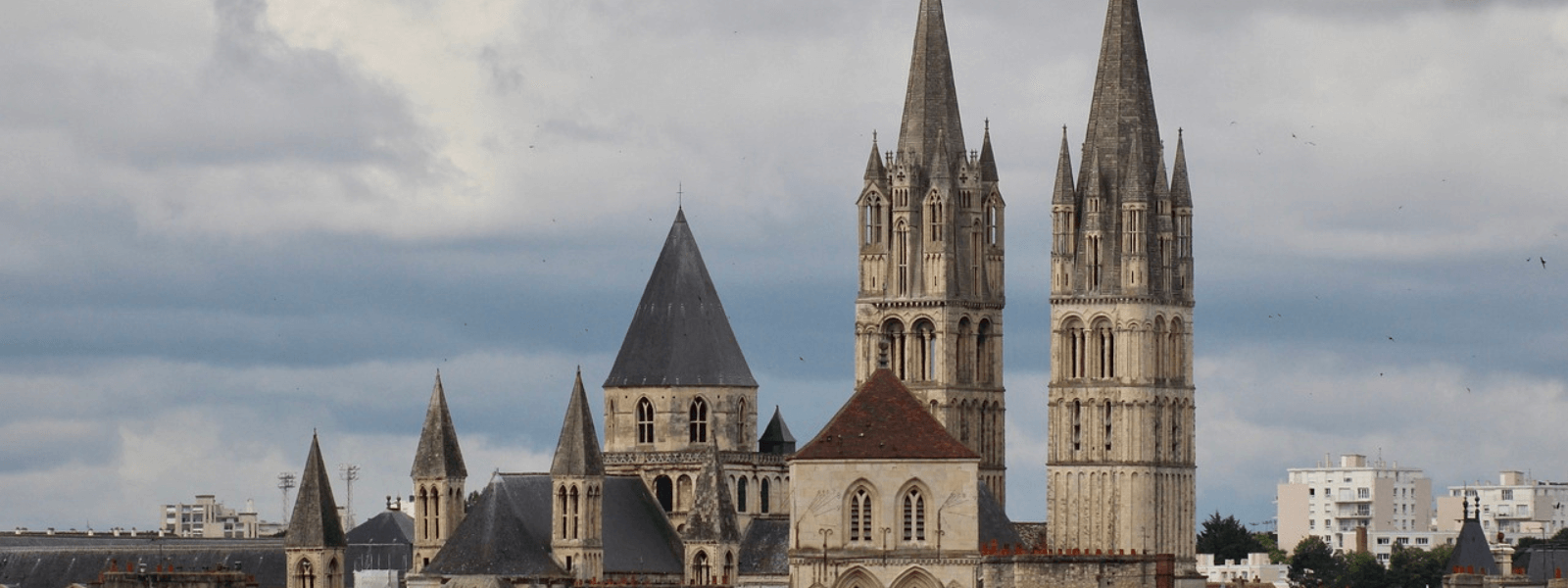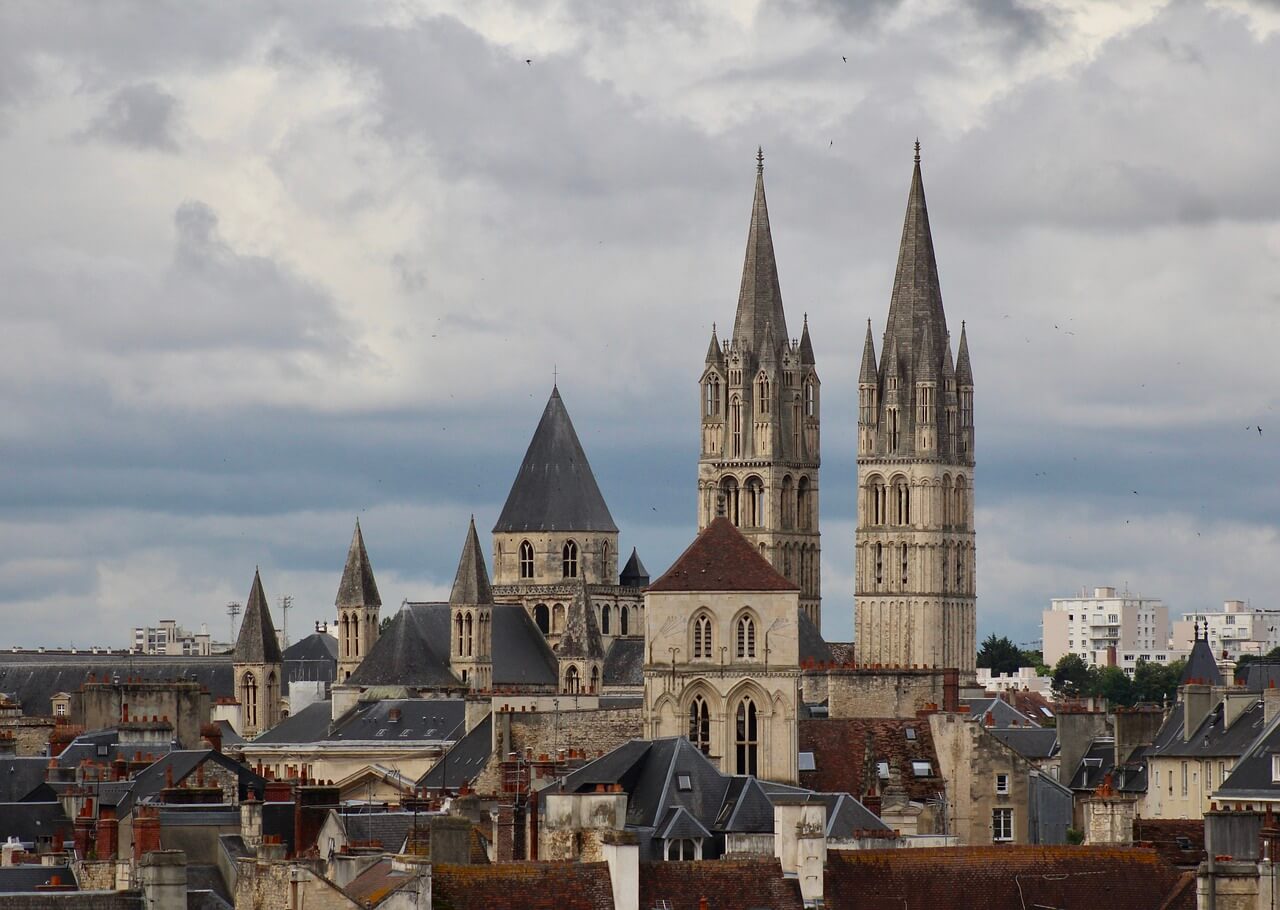
European Football Championship 1984
The seventh European Football Championship was held in June 1984 in France. This country hosted the best European teams for the second time, following the first European Championship also held in France. As in the previous Championship, eight teams qualified for the main tournament, and the qualification system remained unchanged. West Germany was defending the championship title, and everyone was eager to see if the Germans could win another trophy.
Qualifications
Thirty-two teams participated in the qualifications for this European Championship. The format and number of teams in the qualifications had become well-established over the years, so seven groups were formed this time as well. Four groups comprised five teams, and three groups comprised four teams. The group winners automatically qualified for the European Championship.
In Group 1, Belgium emerged as the group winner. Portugal was the best team in the second group, finishing one point ahead of the Soviet Union. Denmark caused a major surprise in the third group by finishing first, thereby preventing England from participating in France. Yugoslavia was the best team in the fourth group, followed by Wales, Bulgaria, and Norway. Yugoslavia advanced thanks to the legendary goal by the famous Radanović, which secured a victory against Bulgaria in Split and qualification for the European Championship.
Romania advanced from Group 5, leaving behind the teams of Sweden and Czechoslovakia. Northern Ireland was on the verge of a major surprise in the sixth group, coming very close to outperforming West Germany. However, the Germans managed to secure a victory over Albania in the last match. From Group 7, Spain advanced, achieving an incredible 12-1 win over Malta in the last match, and thanks to a better goal difference, surpassing the Netherlands.
Host Country
France hosted eight teams from June 12 to 27 in several cities. Matches were played in Paris, Marseille, Lyon, Saint-Étienne, Lens, Nantes, and Strasbourg. With their second hosting, France aimed to win the title of the best team in Europe on home soil.

One of the stadiums where the matches were played – “Velodrome” in Marseille. Photo: unsplash.com.
Participating Teams
As the host, France automatically qualified for the Championship. In addition, the group winners from the qualifications—Bulgaria, Portugal, Denmark, Yugoslavia, Romania, West Germany, and Spain—also made it to the tournament.
Group Stage
In the group stage, the teams, as in the previous European Championship, were divided into two groups of four teams each. The competition format had slightly changed, as the top two teams from each group now advanced to the semifinals instead of the group winner going directly to the final.
The host nation, France, Denmark, Belgium, and Yugoslavia, were in the first group. France defeated Denmark 1-0 in the first round, and Belgium beat Yugoslavia 2-0. France defeated Belgium 5-0 in the second round, and Denmark defeated Yugoslavia by the same score. France beat Yugoslavia 3-2 in the final round, while Denmark beat Belgium 3-2. In the end, France, with all three victories, finished first in this group and thus advanced to the semifinals, as did Denmark, which had two wins and one loss. In the second group, the teams competing were Spain, Portugal, West Germany, and Romania. In the first round, West Germany and Portugal drew 0-0, as did Romania and Spain, but their match ended 1-1. West Germany defeated Romania 2-1 in the second round, while Portugal and Spain drew 1-1. In the third round, Portugal defeated Romania 1-0, and Spain, in the final moments of the match, scored a goal through Antonio Maceda to beat West Germany, thereby finishing first in the group due to a higher number of goals scored, ahead of Portugal. However, both teams advanced to the semifinals.

Saint Etienne, one of the host cities. Photo: pixabay.com
Knockout Stage
In the semifinals, France faced Portugal, and Denmark faced Spain. The French team managed to defeat Portugal, but only after extra time, with a score of 3-2; the match was 1-1 after ninety minutes. The second semifinal was also very exciting, with the winner decided by penalties. Denmark and Spain finished their match 1-1 after 120 minutes, and the Spaniards were better at taking penalties, thus advancing to the final.
Final
In the final of the seventh European Championship, France faced Spain. The match was played in Paris at the Parc des Princes stadium in front of nearly fifty thousand spectators. The French team took the lead with a goal by Michel Platini in the 57th minute, and the Spaniards could not equalize by the end of the match. In the final minute, Frenchman Bellone confirmed his team’s victory, and the final ended with a 2-0 victory for the host nation, France. Thus, the French team achieved their greatest success by winning the European Championship title.
Statistics
Michel Platini, who scored nine goals, was the best player and top scorer of the Championship. The tournament team also included French players Giresse and Tigana, Germans Schumacher, Brehme, Förster, and Völler, Danes Olsen and Arnesen, and Portuguese players Pinto and Chalana.
Legacy and Impact
This Championship saw a partial change in the competition format. To increase the excitement, it was decided that the top two teams from each group would advance to the semifinals, reintroducing the semifinals to the format.
Interesting Facts
The most notable highlight of this Championship was Michel Platini’s incredible scoring performance. Not only was he the top scorer for his French team, but his achievement remains a record for the number of goals scored by a single player in a European Championship to this day.



